2025 Elections and beyond: Policies in place to combat money mules, digital vote-buying
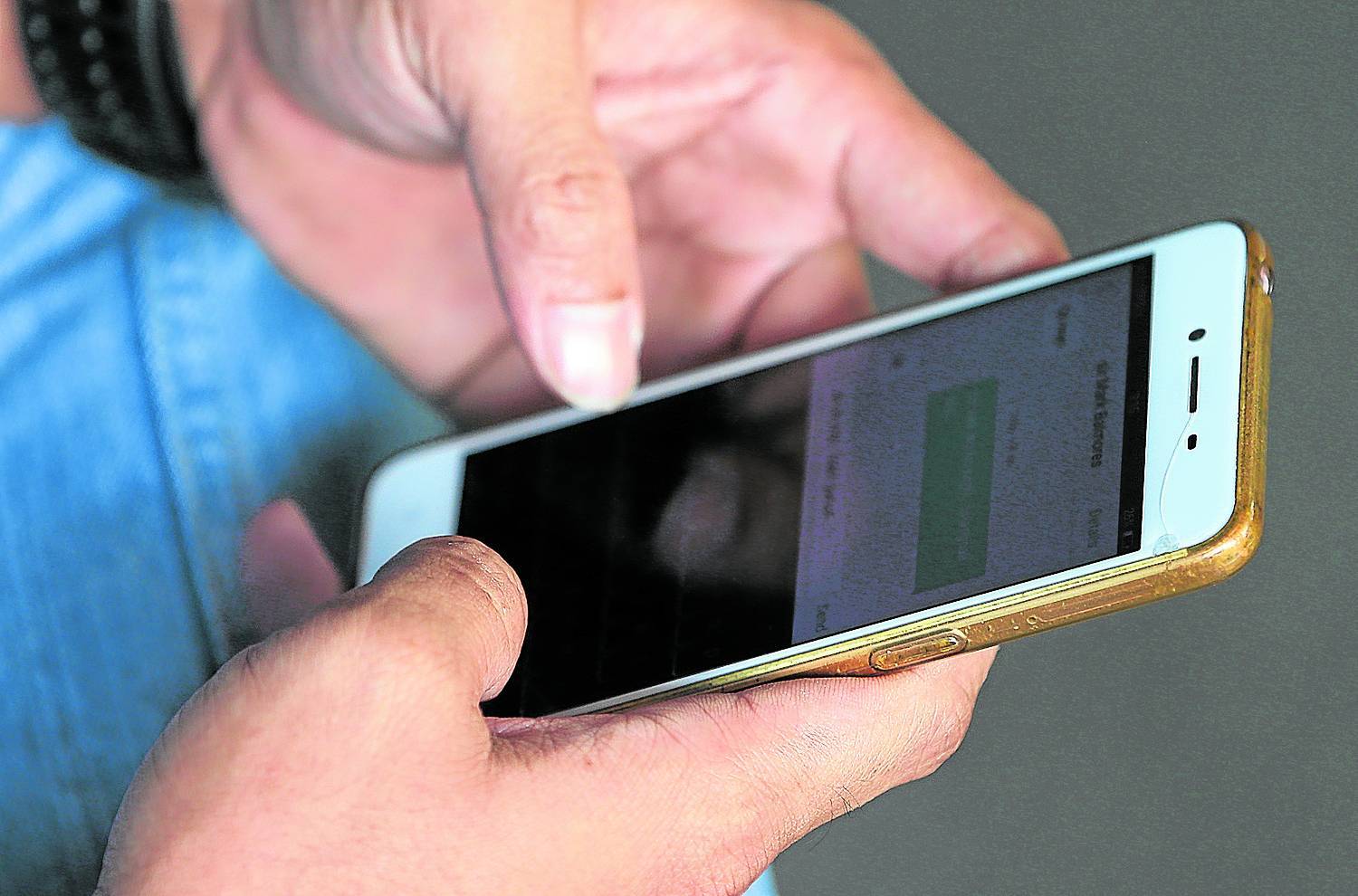
Modern problems require modern solutions—this has never been truer in the face of cyber scams. In the Philippines, we are constantly confronted with different fraudulent schemes that target and victimize financial consumers. As technology evolves, so do tactics, making it more challenging for consumers to protect themselves from online threats.
Fortunately, recent policy reforms have been put in place to address the proliferation of these cyber scams, including those involving money mules.
First, in July 2024, the Anti-Financial Account Scamming Act (Afasa) was signed into law with the support of regulators and banks, including the Bank of the Philippine Islands.
The law penalizes individuals found guilty of engaging in social engineering schemes or acting as money mules, serving as a deterrent to prevent the further increase of such activities.
Second, in August 2024, the Bangko Sentral ng Pilipinas (BSP) launched the Financial Services Cyber Resilience Plan (FSCRP), a comprehensive framework designed to enhance the resilience of the financial services sector against cyber threats. The FSCRP outlines strategies to secure the integrity of the Philippine financial ecosystem, including supporting the enactment of cyber-related legislative initiatives such as Afasa. The BSP is likewise working on liberalizing the Bank Secrecy Law to prevent cyber threat actors and scammers from hiding behind the veil of bank secrecy.
Threats to democracy
Beyond the threat of personal financial loss, the pervasiveness of cyber scams also undermines the democratic process of voting. Digital vote-buying, a modern twist on an old practice, leverages technology to discreetly offer money in exchange for votes.
In the past elections, vote-buying is done by physically distributing cash or other types of goods. Now that there is a rise of digital payment platforms, vote-buying may occur through mobile banking and e-wallets.
This means that voters can quickly receive money through their mobile phones. By removing the physical aspect of vote-buying, perpetrators may think that it will be more challenging to trace them. Hence, digital vote-buying may be considered a viable way to secure votes.
According to the Anti-Money Laundering Council (AMLC), there has been an increase in the number of money mule cases in the country since 2021. The AMLC reported that they received a total of 821,279 money mule-related suspicious transaction reports with a value of P510.17 billion from 2016 to the first quarter of 2022. AMLC attributed this to the adoption of digital banking and e-wallets since these platforms provide an alternative way of transferring money.
In an election season, money mules can act as intermediaries in the distribution of cash to voters. Candidates who intend to engage in vote-buying activities may recruit a number of money mules so that they can transfer funds through multiple accounts. This can obscure the true origin of the funds.
Furthermore, the socioeconomic inequality in the Philippines, where many struggle with poverty, creates a fertile ground for such schemes to thrive. Individuals in poorer communities are particularly vulnerable to being recruited as money mules as these schemes offer easy money.
Amid these growing concerns, the BSP issued Memorandum No. M-2025-006 on March 23, 2025. The memorandum calls for financial institutions to adopt enhanced surveillance and monitoring measures against vote-buying and vote-selling schemes.
Key measures include monitoring unusual transactions, reinforcing fraud management systems, and submitting suspicious transaction reports to the AMLC when warranted. Furthermore, this memorandum focuses on preventing the misuse of digital banking channels for illegal election-related activities.
Similarly, the Commission on Elections (Comelec) issued Resolution No. 11104, which states that unusual online financial transactions that exceed P500,000 that have no underlying legal/trade obligation or economic purpose will be considered suspicious transactions of vote buying and vote-selling.
With the approaching 2025 midterm elections, the Cybercrime Investigation and Coordinating Center (CICC) has issued a stark warning to the public about escalating vote-buying scams.
Department of Information and Communications Undersecretary and CICC Executive Director Alexander Ramos urged citizens to vigilantly safeguard their personal information in the face of these illicit activities. He highlighted the emergence of new e-wallets operating outside the regulatory purview of the BSP, expressing concern that these unregulated platforms could be exploited for vote-buying schemes.
In response, Comelec, BSP and the AMLC are working together to address these issues.
Protecting democratic principles
As the 2025 midterm elections approach, we must remember that the electoral process plays a pivotal role in shaping a better Philippines. The right to suffrage is a cornerstone of democracy, enabling every citizen to have a voice in the governance of the country.
This right, enshrined in the 1987 Constitution, not only allows citizens to influence policy decisions but also holds elected officials accountable.
Vote-buying undermines the democratic principle of free and fair elections. It manipulates the outcome by offering financial incentives, distorting the people’s true will.
While the advent of digital technology has made it easier for candidates to reach voters, it has also introduced new challenges in combating vote-buying.
The use of mobile banking and e-wallets makes it easier to distribute money covertly, complicating efforts to detect such practices.
As such, citizens, financial institutions and government agencies must work together to uphold the integrity of the electoral process. By staying vigilant against digital vote-buying and money muling activities, we can help ensure clean and honest elections, which are essential for creating a government that truly represents the will of the people.
Jonathan John B. Paz is the Enterprise Information Security Officer and Data Protection Officer of the Bank of the Philippine Islands.













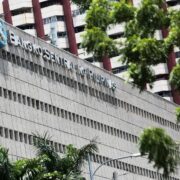

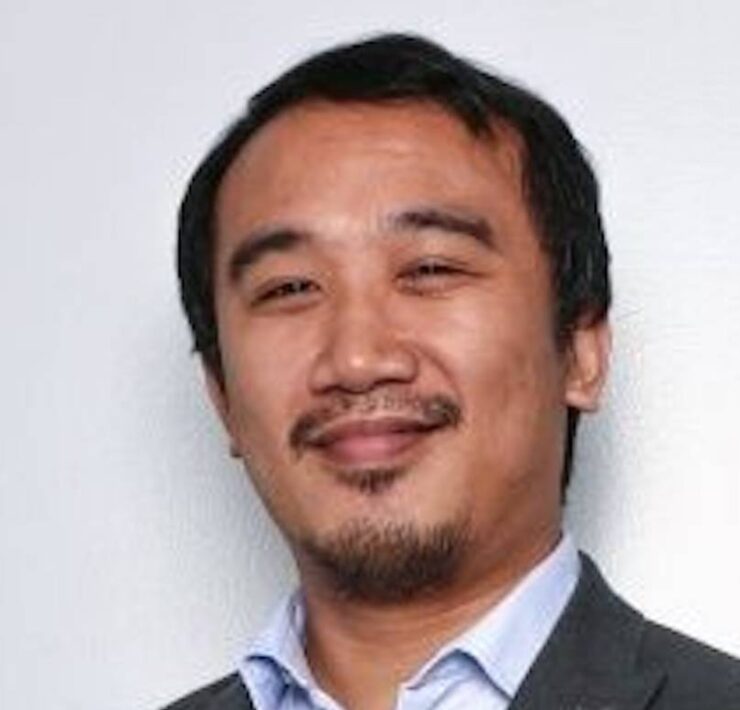
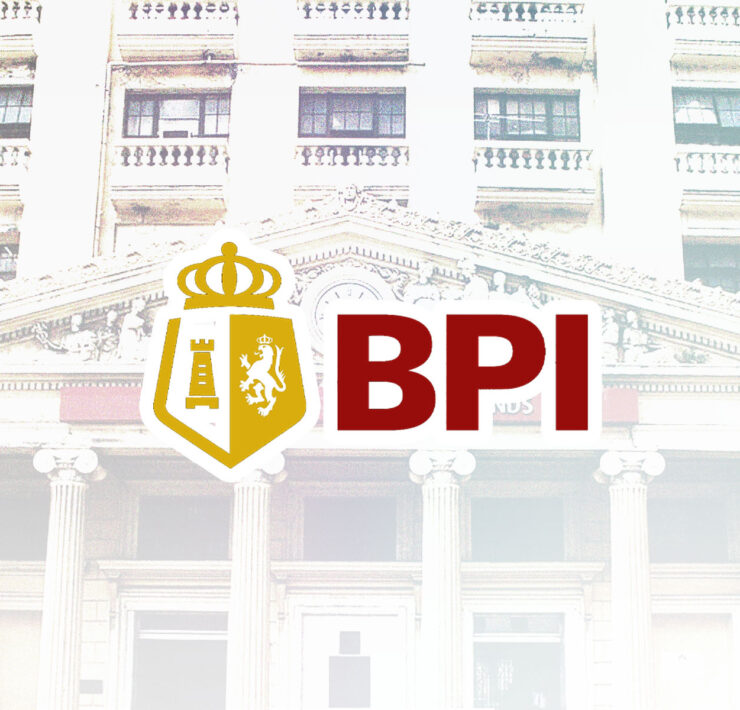
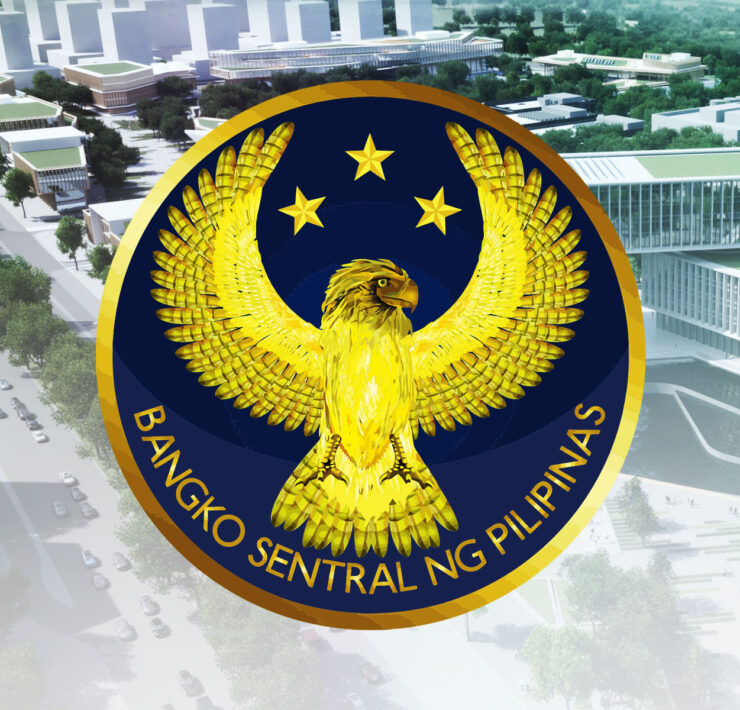



The first pilgrim of hope